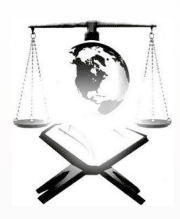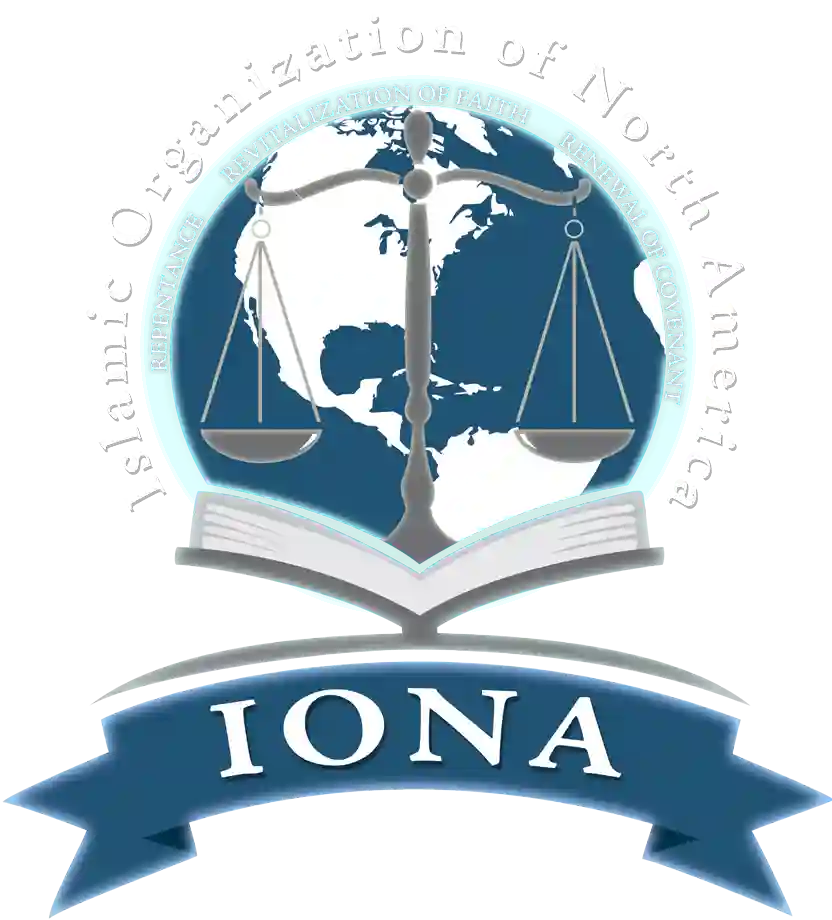Welcome to IONA Masjid
Your place of worship and learning
IONA in the News
Muslims Hope to Use Tragedy to Educate Countrymen (September 10, 2011)
When the twin towers of New York’s World Trade Center collapsed Sept. 11, 2001, Mohammed Kibriya’s heart sank with them.
Then a 17-year-old high school student in Hamtramck, Kibriya worried that his Muslim faith would become a target of the rage and fear many Americans felt.
“I didn’t feel threatened,” said Kibriya, now a Warren resident. “But I had a bit of an identity problem. (I thought), ‘I can’t call myself Muslim anymore.’”
Melanie Elturk, 26, a practicing Muslim and daughter of an imam, a Muslim religious leader, was a high school student in Oakland County on Sept. 11, 2001.
Like most Americans, Melanie Elturk was appalled at the carnage she witnessed on television. But unlike most Americans, she felt a lot of suspicion come her way in the aftermath of the attacks.
“I definitely felt I was a second-class citizen in my own country,” said Melanie Elturk, who now resides in Chicago. “… I definitely felt I was on the defensive.”
Mirza Ahmed, 71, of Warren, saw his relationship with his next-door neighbor “slowly turn worse” following the terrorist attacks. On one occasion, the neighbor, drunk and wearing no clothes, banged on Ahmed’s door in the middle of the night, waking his family.
“He gave us a real bad time,” Ahmed said.
The Sept. 11, 2001, terrorist attacks on New York, Washington, D.C., and in a jetliner over Pennsylvania shocked and outraged the nation.
For many American Muslims, the attacks were double-edged. They felt the same sorrow and anger for their country as their non-Muslim neighbors, but many also found themselves forced to defend their most deeply held religious beliefs.
Mohamed Hassan, 67, of Clinton Township, worked as an engineer at the U.S. Army’s TACOM plant in Warren on Sept. 11, 2001. Concerned the attacks could drive a wedge between Muslim and non-Muslim workers, Hassan’s supervisor gathered the entire staff together. Hassan soon found himself quoting the Quran to his co-workers.
“I told them: ‘If you kill a person, it’s as if you killed the whole world,’” he recalled.
Imam Stephen Elturk is president of the Islamic Organization of North America, the first mosque located in Warren. After the terrorists attacks, Elturk and other Muslim leaders faced a twofold challenge.
“Leaders were educating Muslims to … hang onto their beliefs,” he said. “At the same time, community leaders were outside trying to teach the non-Muslim community that what occurred … really had nothing to do with our faith.”
But despite the efforts, suspicions and fears of Muslims and Islam weren’t easily allayed.
Melanie Elturk recalled when her entire family was detained at a U.S. border when returning from Canada. Weapons were trained on family members and several were questioned for hours.
“It jaded me,” she said. “It made me feel like I don’t have any faith in the system. It was humiliating.”
That experience and others strengthened Melanie Elturk’s resolve. She continued to wear a head scarf, even when others her age abandoned the attire. And she spoke out in defense of Islam whenever the opportunity presented itself.
“I had the duty to step up and say more about my religion,” she said.
The Interfaith Center for Racial Justice was long a champion of fostering tolerance of the increasingly diverse cultures that form the tapestry of Macomb County. For many years, the center offered programs and workshops on cultural diversity, with racism and black-and-white issues the primary focus.
That changed in the wake of Sept. 11, 2001.
In the immediate aftermath of 9/11, the Interfaith Center helped organize an interfaith prayer service and later helped plan an event to mark the first anniversary of the attacks.
The Rev. Michail Curro took over as executive director of the Interfaith Center in 2006, and Curro recognized immediately the need to expand the focus to include Muslims and Islam.
In 2007, the center introduced its “Listen, Learn and Live” program, in which participants are exposed to different cultures and religions found in Macomb County.
The very first course: Muslims and Islam.
“There is no question the tragic events of Sept. 11, 2001, has meant a special focus by the (Interfaith Center) to introduce people to Muslims and offer opportunities to learn about Islam and Muslims,” Curro said.
“And although there has been much progress in building relationships and bridges of understanding between non-Muslims and Muslims in Macomb County … it is unlikely that such efforts will slow down.”
A decade after international terrorism came to America, divisions still exists between Muslims and non-Muslims. But many see progress in the relationships that were so severely tested in the wake of 9/11.
The past 10 years have given Muslims the opportunity to show the community they’re no different from millions of other Americans “who are born here and raised here and work here and are doctors and lawyers and engineers who have contributed to this country just like anybody else,” said Imam Elturk.
http://dailytribune.com/articles/2011/09/10/news/doc4e6bfc7241ca4989016346.txt?viewmode=fullstorydailytribune.com/articles/2011/09/10/news/doc4e6bfc7241ca4989016346.txt?
About IONA

IONA's objective is to help the Muslims of North America understand and fulfill their divinely ordained obligations, in order to please Allah (SWT) and thereby achieve success and salvation in the Hereafter.
Join Our Mailing List
Copyright © All rights reserved. Islamic Organization of America.

